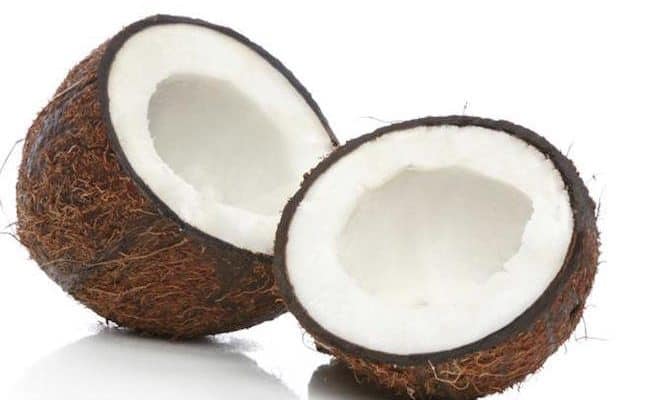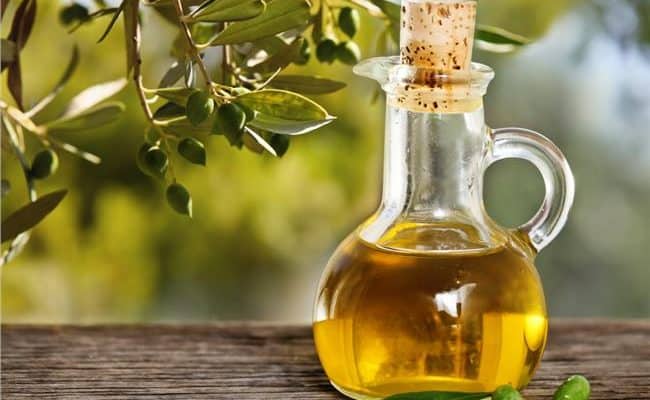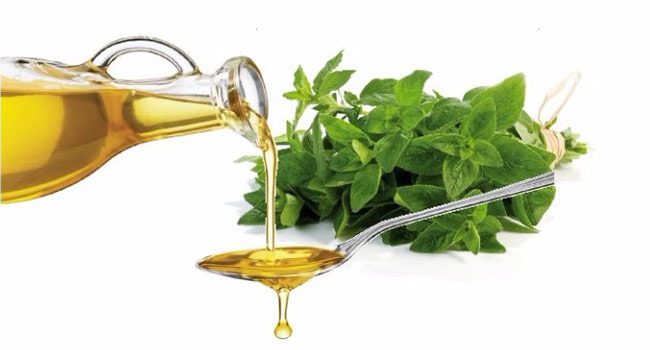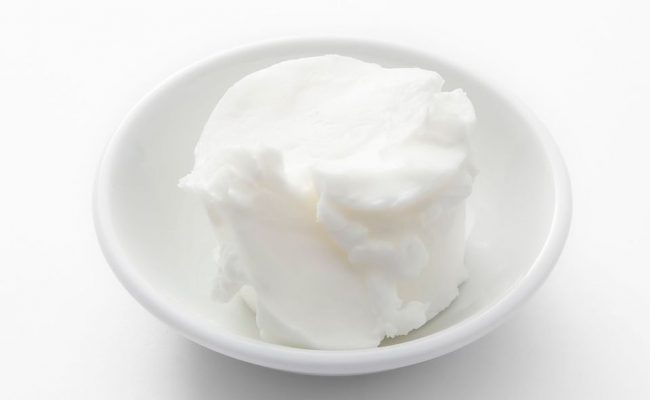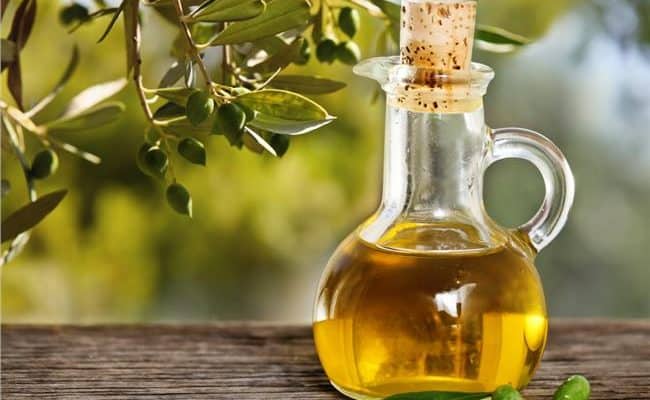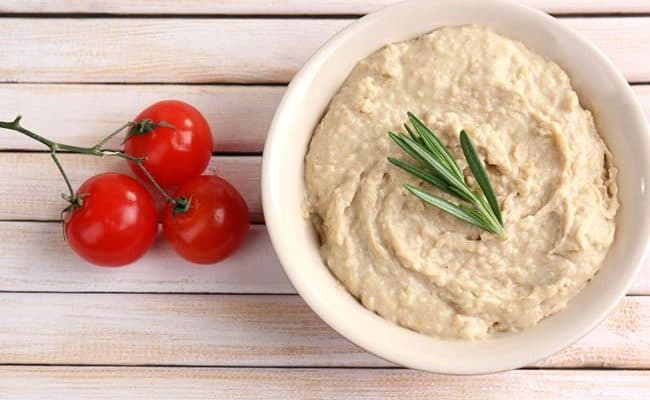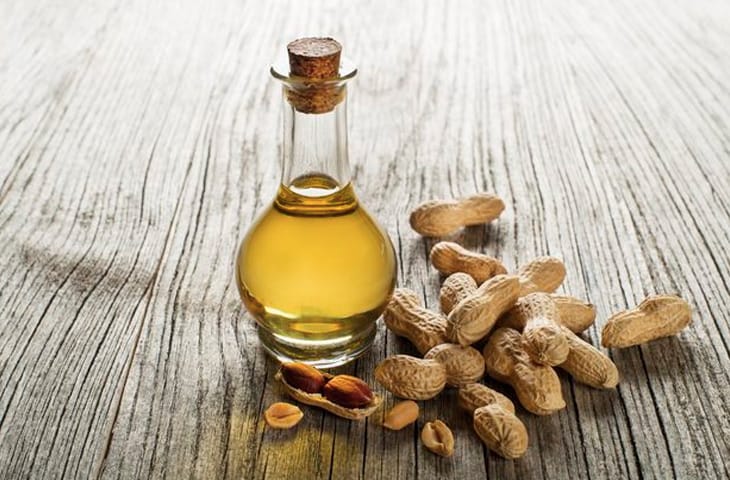
Peanut oil provides mainly monounsaturated fat which is considered a heart healthy type of fat. Peanut oil also provides a source of antioxidant vitamin E.
Peanut oil is simply oil that is extracted from the edible seeds of the peanut plant. Peanuts and peanut oil are a source of heart healthy monounsaturated fats, low in saturated fat and a source of antioxidants.
Because peanut oil is lower in saturated fat and higher in mono and polyunsaturated fat, it can be considered healthier oil.
Peanut oil was commonly consumed in China and Southeast Asia. After World War II it became more popular in the United States.
Refined peanut oil is a common oil used for frying and cooking at higher temperatures because it has a relatively high smoke point.
Peanut oil is higher in omega 6 and 9 oil which some suggest makes it pro-inflammatory. However, research studies have shown peanut oil to be anti-inflammatory and protective against heart disease.
Peanut oil can fit into a healthy balanced diet, but other oils are also healthy. Eating a variety of heart healthy oils in a varied diet may be best for promoting overall health.
Peanut oil Nutrition
Like other vegetable oils, all of peanut oil’s calories come from fat. A tablespoon of peanut oil has about 14 grams of fat.
From these 14 grams, 2.3 grams are saturated, 4.3 grams are unsaturated and 6 grams are monounsaturated.
Peanut oil provides mainly monounsaturated fat which is considered a heart healthy type of fat. Peanut oil also provides a source of antioxidant vitamin E.
Both the Dietary Guidelines and the American Heart Association suggest choosing primarily foods that are higher in mono and polyunsaturated fats over foods higher in saturated or trans fats.
Types of peanut oil
Refined peanut oil
The most commonly consumed peanut oil in the US is considered refined peanut oil. This type of oil can be found in fast food restaurants. This oil has been refined, bleached and deodorized.
Gourmet peanut oil
Peanut oil can also be made from roasted peanuts and are not refined and processed. This type of peanut oil is considered gourmet and has a higher amount of vitamin E and phytosterols which can help lower blood cholesterol levels (1).
Consuming refined, bleached and deodorized oils is controversial, although according to Dr. Crosby in a Harvard School of Public Health article (2) suggests there isn’t any evidence consuming refined, bleached and deodorized oils containing trace residual amounts of hexane causes danger to consumers.
If you do not want refined peanut oil, look for gourmet peanut oil, avocado oil or extra virgin olive oil as an alternative.
Peanut oil can be used for frying food because of the high smoke point, and according to The Peanut Institute (3) peanut oil doesn’t get picked up much on fried food.
Peanut Oil Benefits
Lower intake of saturated fat with higher intakes of poly and monounsaturated fat is associated with lower incidence of cardiovascular disease and other major causes of death (4).
Therefore, because peanut oil is higher in unsaturated fat, it may help promote heart health.
A study from Penn State split research participants into one of 5 groups: moderate fat half from peanut oil (PO), moderate fat half from olive oil, moderate fat half from peanuts and peanut butter, low fat diet or an average American diet.
Researchers found both groups that incorporated peanut or peanut oil and the olive oil group significantly lowered total and LDL cholesterol compared to the average American diet group.
Cardiovascular disease risk was significantly lower in both peanut groups and the olive oil group.
How to use peanut oil
Peanut oil can be used at high heat cooking temperatures and is commonly used in frying. It can also be used for baking, oven cooking and stir frying (5).
If you want to use only peanut oil, make sure the label says 100% peanut oil. If the oil doesn’t say this, it may be a mixture of oils with varying oils with different smoke points.
Pro or anti-inflammatory?
Peanut oil is not that high in omega 3, but it is relatively high in omega 6. Omega 3 is considered anti-inflammatory, but omega 6 can be pro-inflammatory. Therefore, peanut oil may be considered a pro inflammatory food.
Most Americans get too much omega 6 and not enough omega 3 in their diet, so eating more foods high in omega 3 is recommended.
Does this mean peanut oil is pro-inflammatory? Some studies suggest the opposite that it is anti-inflammatory.
This may be because peanut oil is high in oleic oil or omega 9. For example, a 2009 in vitro and in vivo study (6) concluded oleic oil helped inhibit a pro-inflammatory cytokine called tumor necrosis factor alpha (TNF-α).
Researchers concluded a diet high in oleic acid like from peanut and olive oil can have a beneficial effect on type 2 diabetes and reverse negative effects of inflammatory cytokines like TNF-α.
The bottom line is a food’s effect on the body is not just from a single nutrient. Foods provide a variety of nutrients which all impact health.
Peanut oil may be higher in omega 6, but it is also a source of oleic acid which has been shown to be anti-inflammatory.
Can you use peanut oil if you have a peanut allergy?
Refined peanut oil is considered non-allergenic for people with a peanut allergy. The refining process takes out the allergenic protein from peanuts.
However, consuming gourmet peanut oil that has not been refined could still be considered allergenic. Therefore, you should check to make sure a peanut oil is refined before consuming if you have an allergy.
Alternatives to peanut oil
Olive oil has a similar nutrition profile compared to peanut oil and may be used in similar ways except it is generally not recommended to fry with olive oil.
Avocado, high oleic sunflower oil or light olive oil can be alternatives for frying according to Cleveland Clinic.
Keep in mind with any cooking oil light and heat may impact taste and quality of oil. Therefore, make sure the oil you use is fresh and not rancid. Store oil in a cool, dark place.
